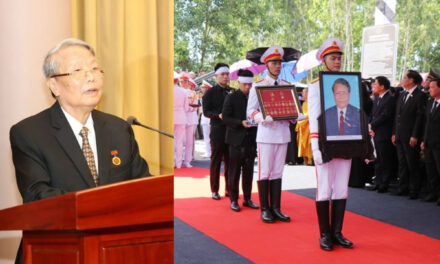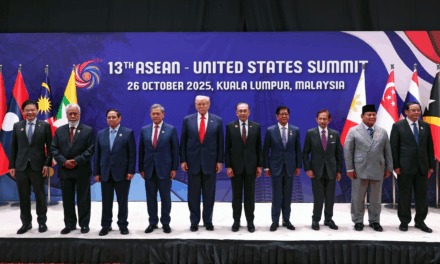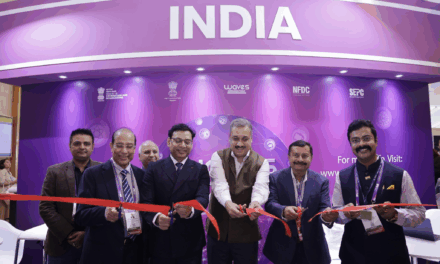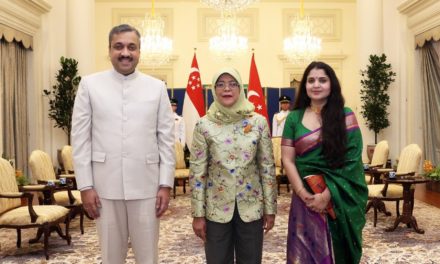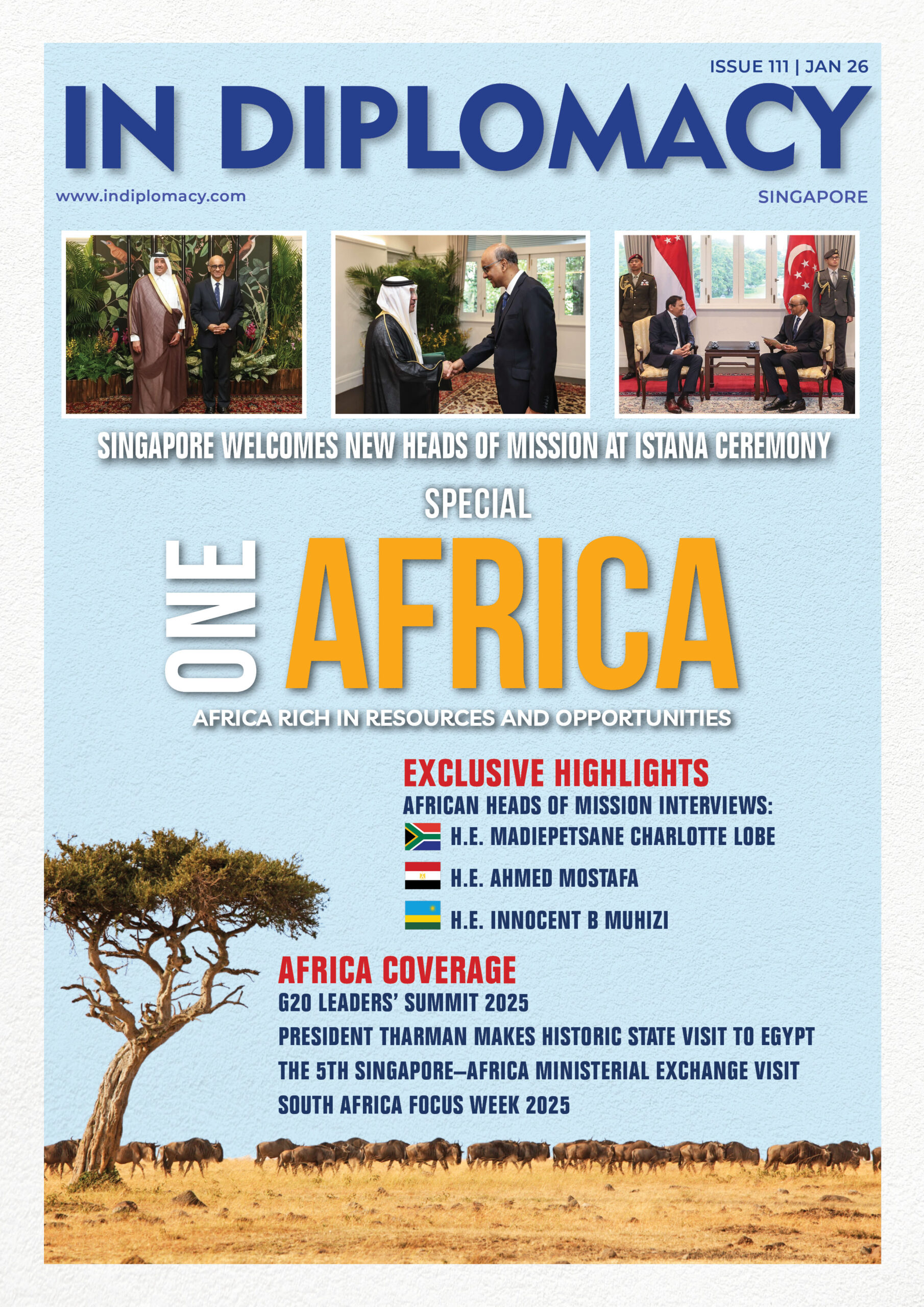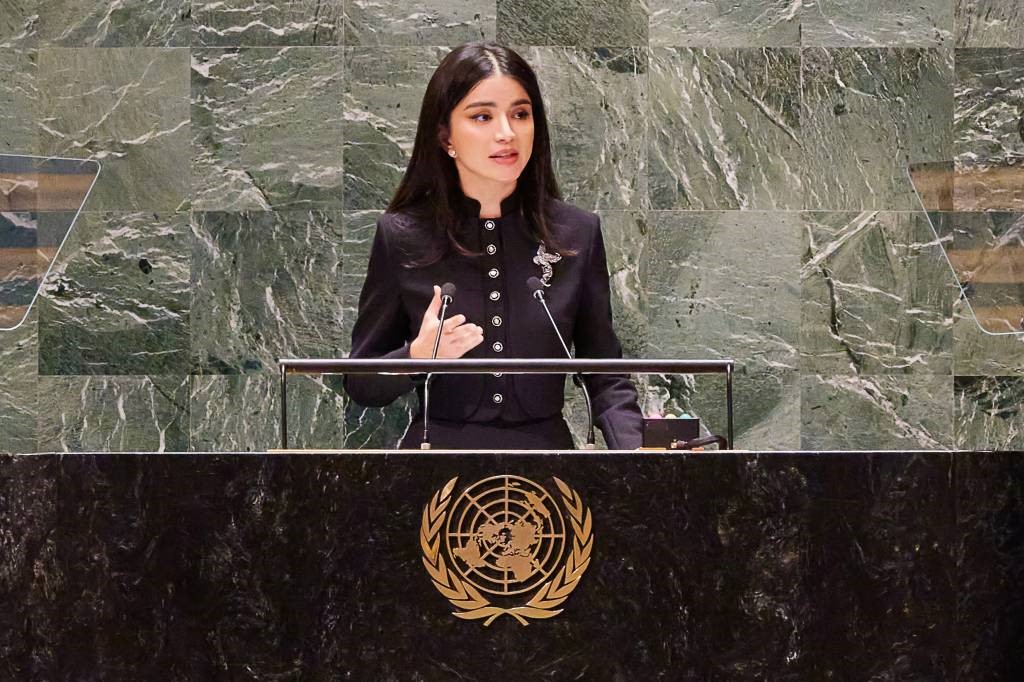
Once the fourth largest lake in the world Uzbekistan highlighted the consequences of the Aral tragedy, the large-scale work carried out to mitigate them and international efforts to revive the region
ON 22nd to 24th March 2023, the United Nations Water Conference was held at the UN headquarters, New York. This is the first time the international community gathered for such a conference after a 45-year break. All member countries and specialized agencies of the UN, with the participation of authoritative speakers, considered the issues of uniting the world on the way to the Sustainable Development Goals until 2030 through the conservation of water resources, the importance of the seas and oceans in the well-being of our planet and global initiatives in this direction. The issue is an extremely relevant one as by 2050, water shortages may affect five billion people on the planet.
Among the 198 members who participated in the conference, Uzbekistan, had something to say and offer on this issue as it has accumulated considerable experience in dealing with efforts to revive the Aral Sea, once the fourth largest in the world. The country feels the current fate of the Aral is a matter that concerns not only Uzbekistan but also the entire international community.
In recent years, whenever the opportunity arise, the President of the Republic of Uzbekistan Shavkat Mirziyoyev, has raised raised the problem of the Aral Sea and put forward important initiatives at high level UN meetings.
During a high-level plenary session of the conference on 23rd March 2023, a member of the Uzbekistan delegation, Ms Saida Mirziyoyeva, addressed the UN conference and delivered a speech about the consequences of the Aral tragedy, the large-scale work carried out by Uzbekistan to mitigate them, as well as the leadership of the country in uniting international efforts in this direction.
Noting that the city of Muynak, formerly a sea port in the Aral Sea, was once a prosperous port city with large production capacities, and after the environmental balance was disturbed, a ship graveyard appeared on the dead seashores. Ms Mirziyoyeva recited an extract from the elegy of a famous Karakalpak poet Ibrahim Yusupov, describing the tragedy of a sea turning into a desert in a blink of an eye. She said: “The crisis of the Aral Sea is a devastating reminder of the consequences of human environmental neglect. However, thanks to the efforts of caring people, it is now becoming a symbol of hope and renewal.”
It was emphasized that the initiatives put forward by President Shavkat Mirziyoyev received wide support at the international level, and in 2021 a UN Resolution was adopted declaring the Aral Sea region a zone of environmental innovations and technologies, and a little earlier, in 2018, the UN Multi-Partner Human Security Trust Fund for the Aral Sea region was established.
Speaking about the measures implemented by the state, the speaker noted that more than US$14 million were allocated for the implementation of projects aimed at reviving the region.
The resilience, diligence and creativity of Karakalpakstan people, who are directly experiencing the consequences of the tragedy, were noted. Attention was drawn to the fact that in the difficult conditions of the region, women need special care and support, it is necessary to expand opportunities for them.
Following her speech, Saida Mirziyoyeva called on the international community to continue supporting Uzbekistan’s efforts to mitigate the consequences of the Aral Sea tragedy, which is inextricably linked to global water problems.
Aral Culture Summit Project
On March 22, within the framework of the UN Water Conference, the presentation of the Aral Culture Summit project, initiated by the Art and Culture Development Foundation under the Cabinet of Ministers of Uzbekistan, took place. This is a new institution that will bring together the local and international community, leading scientists, architects, artists and designers.
As part of the Aral Culture Summit, educational and exchange programs, scholarships and internships will be created that will motivate the younger generation to develop skills that contribute to the improvement of the situation in the region. A biodesign farm laboratory will also be created. Various technologies will be studied and developed to supply the region with water, create new types of crops, and reduce soil salinity in the region.
The Summit aims to bring creative people together with local farmers to build sustainable relations in biodesign, grow new plants and thereby develop a strategic plan for the next 10 years. This will set the stage for huge changes in the local community.
The essence and significance of the upcoming summit were discussed in detail during the interactive dialogues held on the sidelines of the conference “Water for Cooperation: Transboundary and International Water Cooperation, Cross-Sectoral Cooperation, including Scientific Cooperation, and Water Across the 2030 Agenda” and a panel discussion “From Art to Action: Transforming Desert to Forest for the Revival of the Aral Sea Region” organized by the Foundation with the participation of international experts.

